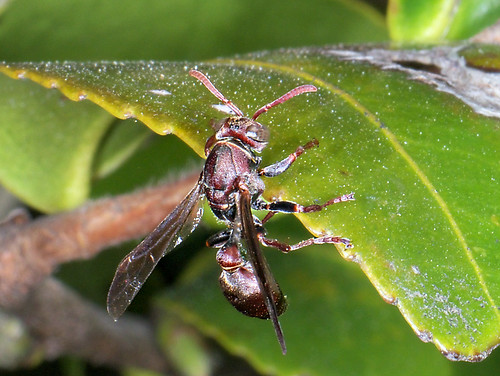"We aim to create new, cross cutting inter-disciplinary “Systems of Systems” Cities research methodology to understand key city challenges and technology opportunities."
Charlie Sheridan is the principal investigator of the ICRI Sustainable Connected Cities project, described in more detail in the following video:
Some of the questions the Collaborative Research Institute for Sustainable Cities plans to investigate, as outlined by Sheridan (below), are ones that probably need to be articulated for the general public, not just techies. By taking an interdisciplinary, collaborative approach to research, this might just happen.
"How can technology “sustain sustainable behaviours”?"
"How can technology enable ubiquitous integrated services?"
"How do we protect privacy, security and disconnection in a city of a billion sensors?"
"Who pays? Who repairs? Who Profits?"
"How can you design and evaluate connected and sustainable services and user-centred information for diverse needs of city dwellers?"
"How do you engage city communities to participate in developing technological innovations that will improve their environment, transport systems and local services?"
My favorite:
"What novel interfaces and interactions are required to encourage participation of citizens, business and government?"
This is a serious, large-scale endeavor. I planned on wrapping up this post with a few pictures from my vast archive of examples of technology "out-and-about", but in doing so, came across a few photos that demonstrate, in a slightly humorous way, why this research effort is important:
 |
| Let's throw up a large-screen display to make the recycling process at the food court less complicated! |
 |
| Let's stick these kiosks and displays over there and watch what doesn't happen! |
 |
| Let's throw up everything on this display and see if it makes sense to the mom with a toddler in tow! |
 |
| Let's get great-grandma (my mom) and the toddler (my grandson) together for some Internet-connected HDTV DVR DVD family viewing experience! |
Let's just give toddlers iPads and see what happens!
(This little one gets to "play" with an iPad just once a week.)
 | ||||
I see endless possibilities here for the future of our cities!

|
T-shirt slogan:
"This was supposed to be future: Where is my jetpack?"




